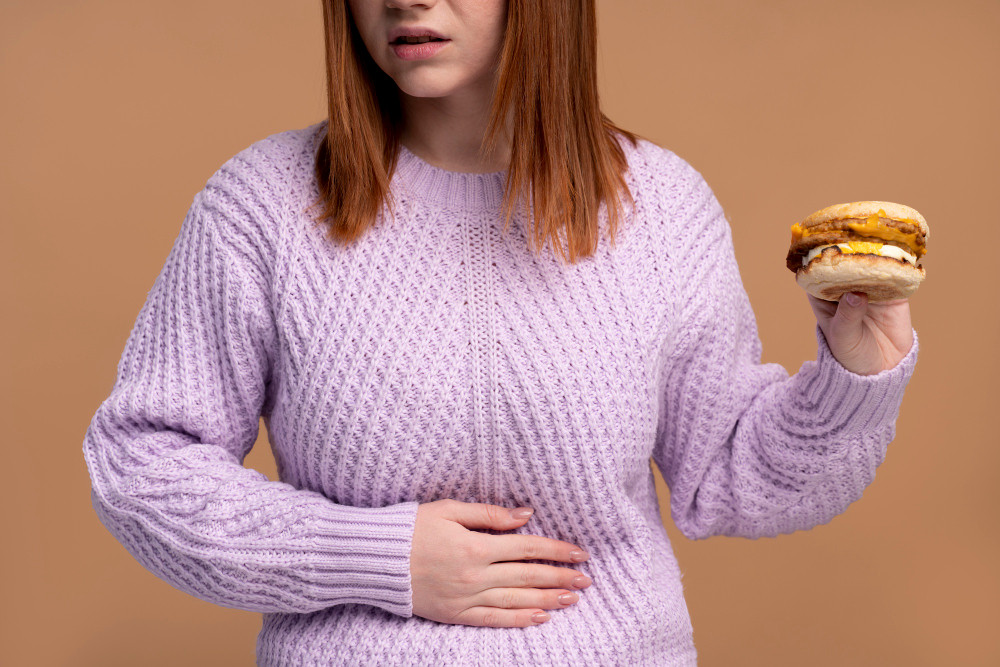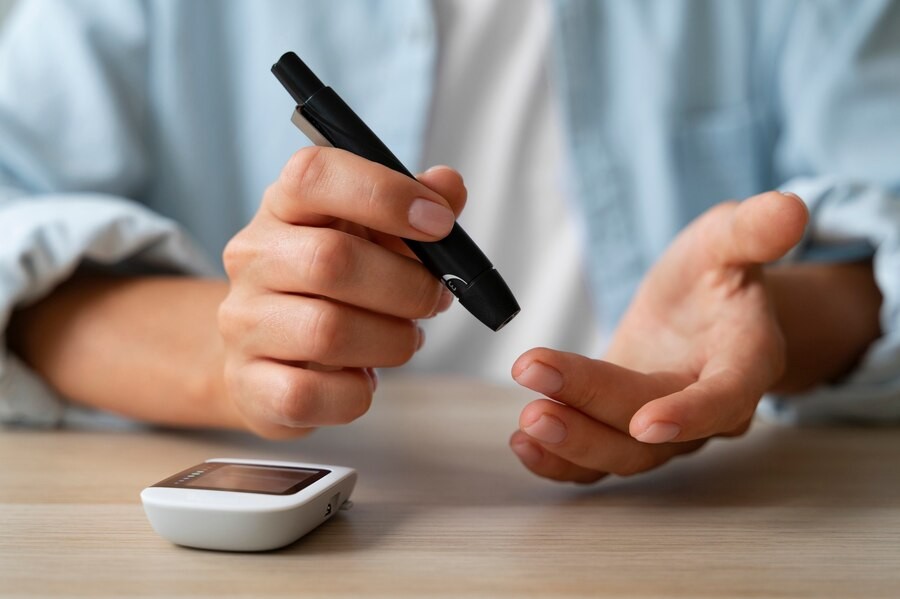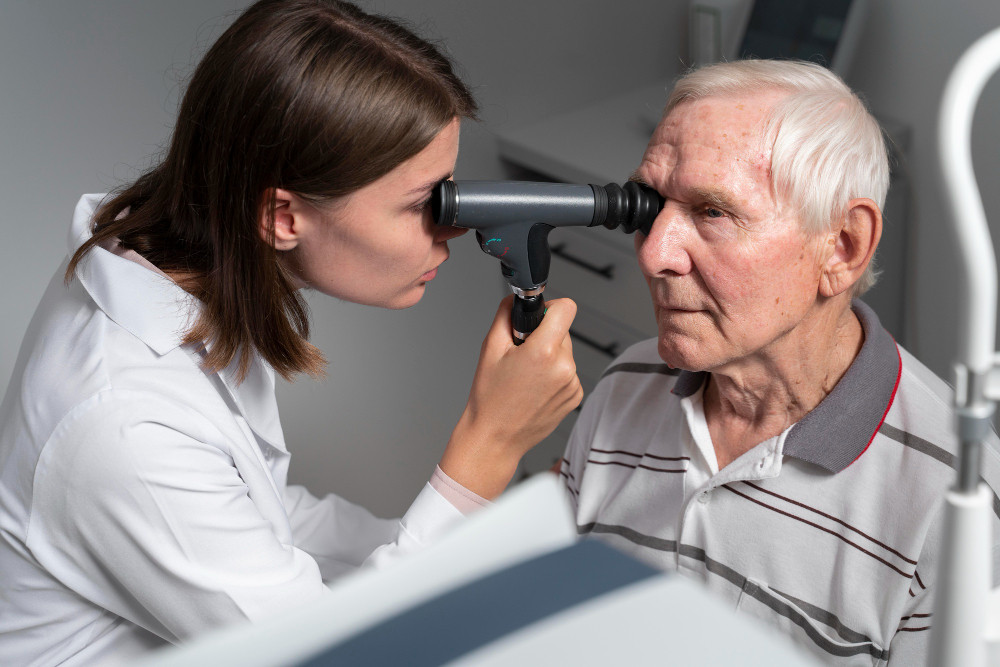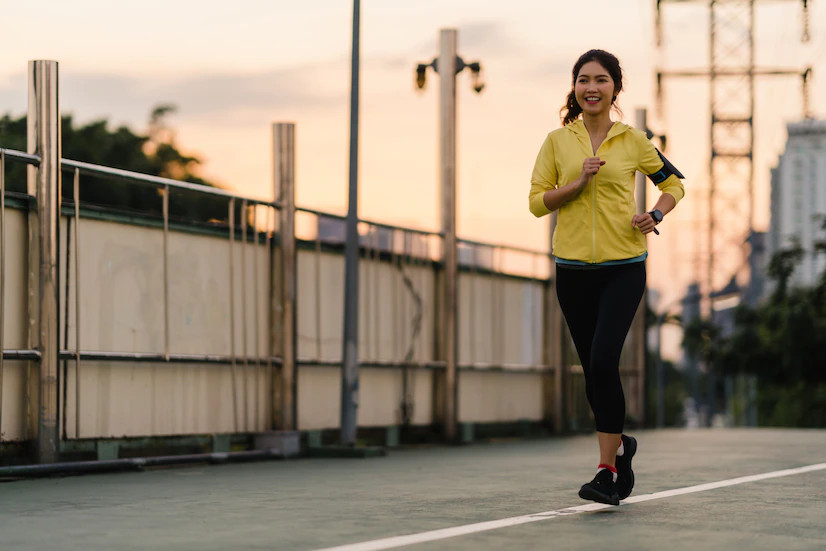Diabetes can lead to complications, such as kidney disease. Managing your diet can help maintain the health of your organs and ensure they function properly. What foods should people with kidney disease and diabetes avoid? Check out the following reviews.
Foods to avoid for people with kidney diseases and diabetes
Our kidneys filter blood, remove metabolic waste, produce hormones, and regulate fluid balance and blood pressure. In people with diabetes, prolonged high blood sugar levels can damage blood vessels, including those in the kidneys. As a result, people with diabetes often experience kidney damage.
For those with kidney disease and diabetes, it’s important to monitor the types of food consumed to avoid overloading the organs. For instance, people with kidney disease need to monitor their protein intake as their kidneys may struggle to filter waste products from protein metabolism. However, those with end-stage kidney disease might need more protein.
Here are some foods that individuals with kidney disease and diabetes should avoid:
High-sodium foods
High-sodium foods are not recommended for people with kidney disease and diabetes. Excess sodium in the blood can overwork the kidneys, leading to high blood pressure and fluid buildup. Some high-sodium foods to avoid include:
- Processed meats, such as sausages and jerky, which are dried, salted, cured, or smoked
- Instant noodles
- Frozen and preserved foods
- Processed foods
- Fast food
- Salty snacks
- Packaged sauces
Foods containing phosphorus
People with kidney disease at certain stages need to reduce their phosphorus intake. Phosphorus is a mineral that helps keep bones strong and the body healthy. Damaged kidneys cannot effectively remove excess phosphorus from the blood, which can cause the body to lose calcium. This leads to weak bones and an increased risk of heart attack, stroke, and even death.
High-phosphorus foods include:
- Red meat
- Dairy products
- Nuts and seeds
- Shellfish
- Packaged foods
- Soda
Potassium-Rich Foods
Individuals with kidney disease often cannot remove potassium effectively, leading to elevated potassium levels in the blood. This can cause fatigue, heart problems, muscle weakness, and even death. High-potassium foods to avoid include:
- Bananas
- Avocados
- Kiwis
- Oranges
- Leafy greens
- Beets
- Potatoes
- Sweet potatoes
Foods with added sugar
People with kidney disease and diabetes should limit their intake of beverages with added sugars, such as packaged juices and sugary drinks like soda, as well as sweets like candy, cookies, and sugar-coated donuts. These foods and drinks can cause rapid spikes in blood sugar levels. Prolonged high blood sugar levels can damage nerves, harm kidneys, and increase the risk of heart disease.
Alcohol
Heavy alcohol consumption can damage kidney function. People with kidney disease and diabetes should avoid alcoholic beverages to prevent overburdening the kidneys.
Individuals with kidney disease and diabetes should avoid certain foods to prevent overworking their organs. If you have kidney problems and diabetes, consult your doctor and a nutritionist about the best foods to consume daily.
In addition to maintaining a proper diet, people with kidney disease and diabetes should adopt a healthy lifestyle, including regular exercise, weight management, proper hydration, and quitting smoking.
If you need medical advice or consultation, you can either visit a doctor or make use of the consultation features that are available in the Ai Care application by downloading the Ai Care application from the App Store or Play Store.
Looking for more information about nutrition, food, and other diet tips? Click here!
- dr Nadia Opmalina
Raman, R. (2023). 5 Foods to Avoid with Kidney Disease and Diabetes. Available from: https://www.healthline.com/nutrition/foods-to-avoid-with-kidney-disease-and-diabetes#
CDC. Diabetes and Kidney Disease: What to Eat. Available from: https://www.cdc.gov/diabetes/healthy-eating/diabetes-and-kidney-disease-food.html
Williams, F. (2023). Dietary tips for people with kidney disease and diabetes. Available from: https://www.medicalnewstoday.com/articles/foods-to-avoid-with-kidney-disease-and-diabetes
Kumar, K. (2022). Which Foods Are Bad for Kidney Disease and Diabetes? 18 Foods. Available from: https://www.medicinenet.com/foods_bad_for_kidney_disease_and_diabetes/article.htm












